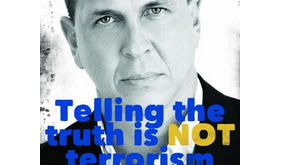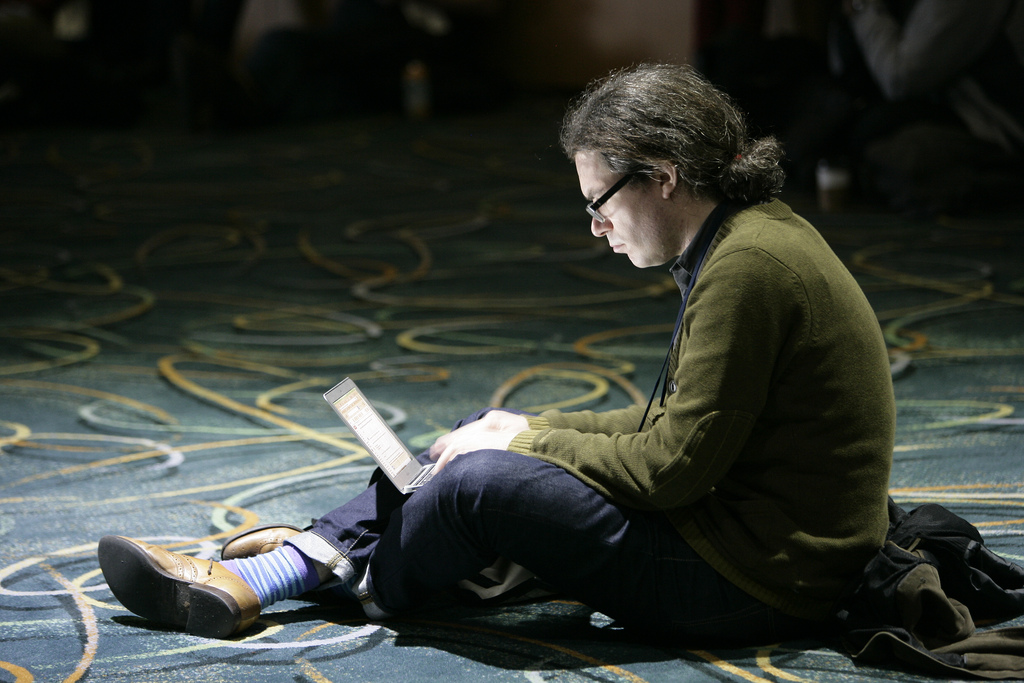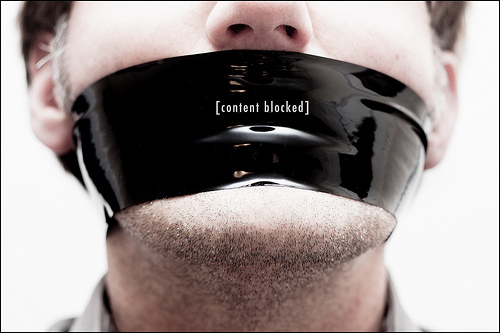Can Twitter win elections? And if so, how? There is little doubt that social media is changing the way journalists and politicians communicate with each other and with voters during election campaigns but the implications and consequences of these changes are not yet understood.
A group of American researchers conducted a study on the use of Twitter by political journalists covering the 2012 U.S presidential race, to see how the use of Twitter is affecting journalistic practice.
Regina G. Lawrence, Logan Molyneux, Mark Coddington (all University of Texas at Austin) and Avery Holton (University of Utah) looked at how Twitter is being used by political journalists and commentators and to what degree the use of social media affected journalistic transparency and objectivity. It also looked at whether it changed journalist’s role as gatekeepers.
The study looked at how the technological aspects of Twitter, through linking, retweeting, and information-seeking might disrupt traditional gatekeeping roles.
The researchers also analysed the content of individual tweets. They wanted to know if journalists talked about their own jobs, increasing the transparency of their own roles. They also looked for references to candidates’ strategies, personal characteristics, and the political horse race as indicators of objectivity; and mentions of reporters’ own personal political identities, expressions of opinion, and exercises in fact-checking as a measure of changing bounds of conventional objectivity.
To answer the research question, the scholars have conducted a quantitative content analysis of tweets by over 400 political reporters and commentators during the 2012 Republican and Democratic party conventions. The sample included campaign reporters from prominent national news outlets (e.g. Los Angeles Times, The New York Times, ABC, CNN, BuzzFeed, Huffington Post, NPR, and Associated Press among others). Another 76 reporters working for smaller outlets in key swing states were studied as well.
The analysis of linking and retweeting behaviour showed that political conversation in the Twittersphere is mainly between journalists and rarely includes voices from outside the world of professional journalism and political commentary. In other words, new technology is used in ways which tend to reinforce traditional gatekeeping roles rather than to open the conversation to outsiders. The study also found that reporters hardly make any use of Twitter as an information-seeking tool (only 1.7 % of the sample). There was some indication (14.7 % of all tweets) that journalists use Twitter for ‘job talk‘, i.e. posting information about their daily work and routines, and therefore improve transparency to some degree.
The study also looked at the two mainstays of traditional election campaign coverage: reporting on political strategies during the campaign, and ‘horse race’ reporting where journalists follow polls and other campaign data to decide which candidate was ahead and which was falling behind.
Researchers found that these two aspects of the campaign were not really covered on Twitter. In particular, only 4.8 per cent of all tweets during the presidential campaign touched upon the subject of voter strategy, and mere 2.3 per cent upon the horse race aspect. However, the authors point out that there may be weaknesses in their methodology that make it hard to recognise strategic news frames peculiar to Twitter.
Journalists rarely used Twitter for the purpose of fact-checking (1.5 %). At the same time, while it was equally rare for them to include personal information about own political identity and affiliation, the largest subset of tweets – 29.1 % – were found to contain authors’ personal opinions.
The study illustrated the need for further research on how political journalists integrate the use of social media into their more traditional practices. It also outlined possible inadequacies of the methodology applied to examine traditional media in the analysis of new media technologies and communicative dynamics they produce.
Regina G. Lawrence, Logan Molyneux, Mark Coddington, and Avery Holton (2013) Tweeting Conventions: Political journalists’ use of Twitter to cover the 2012 presidential campaign. Journalism Studies









































